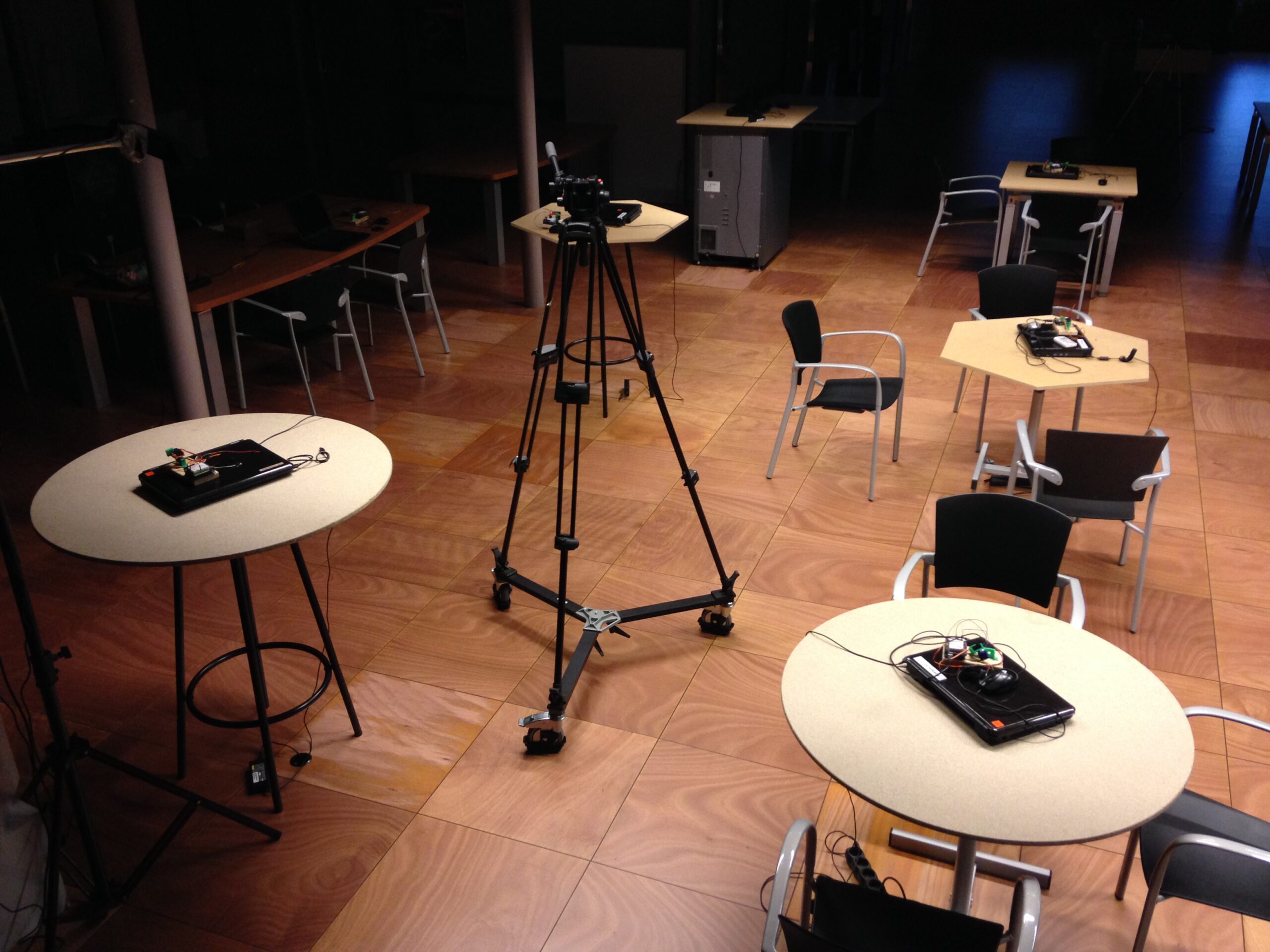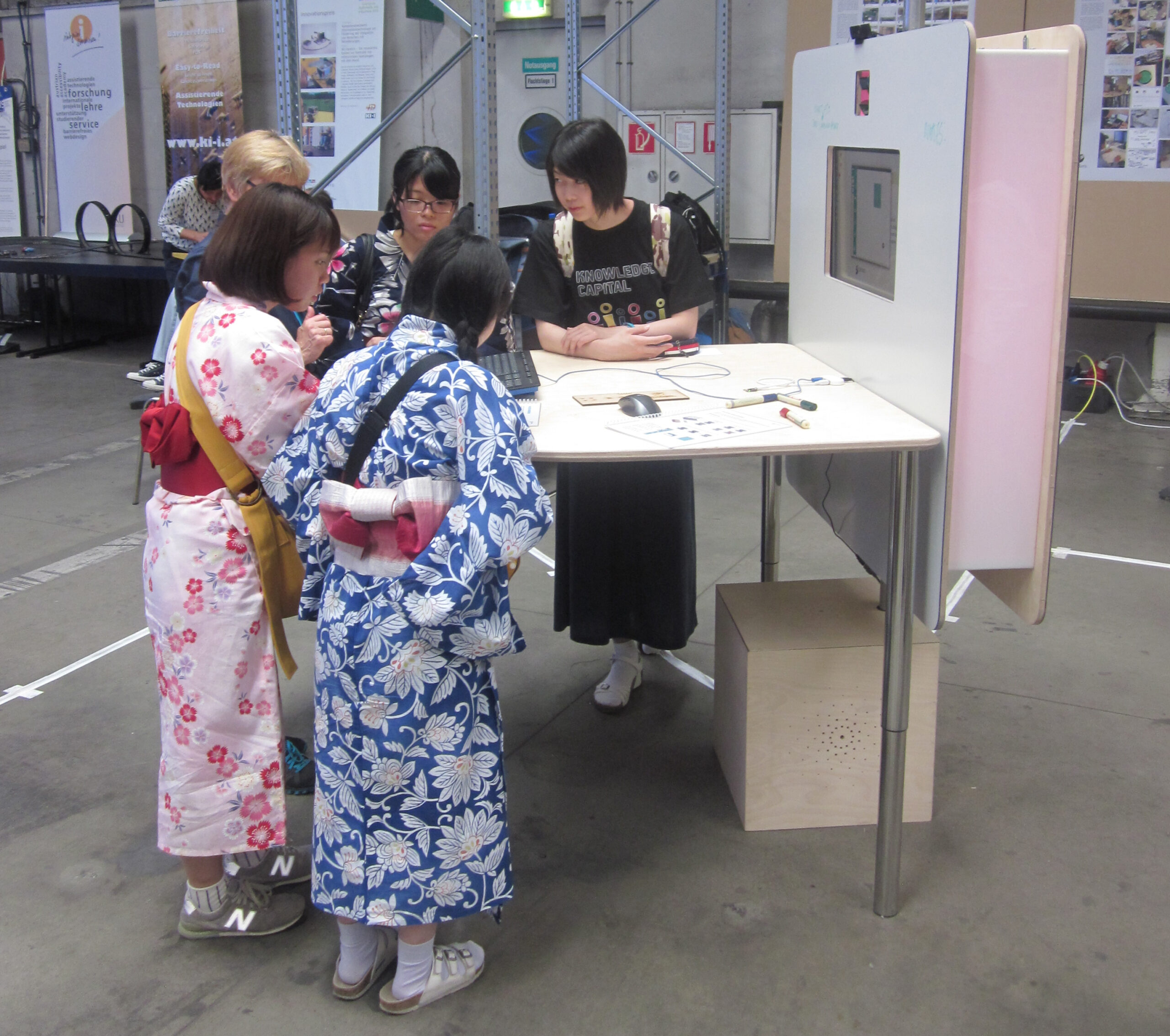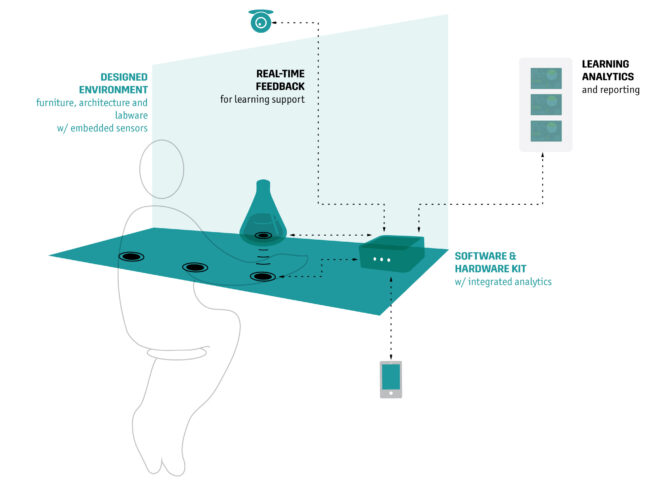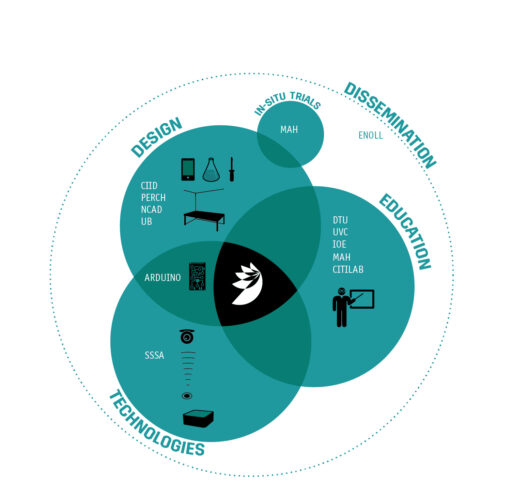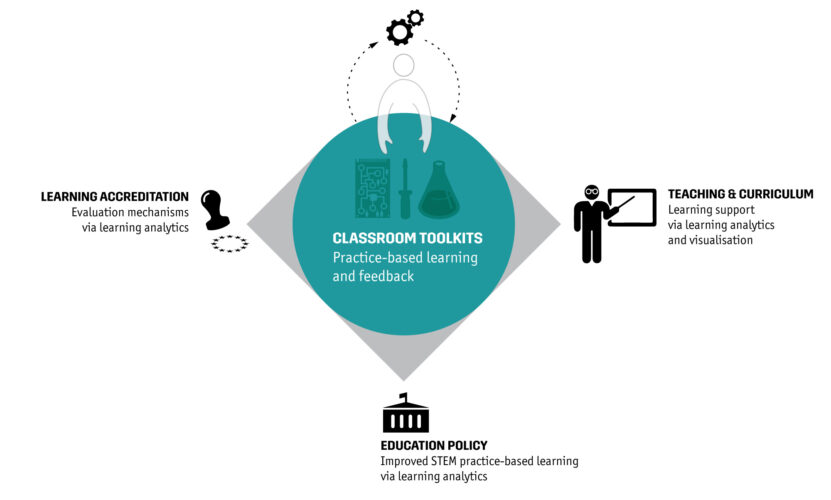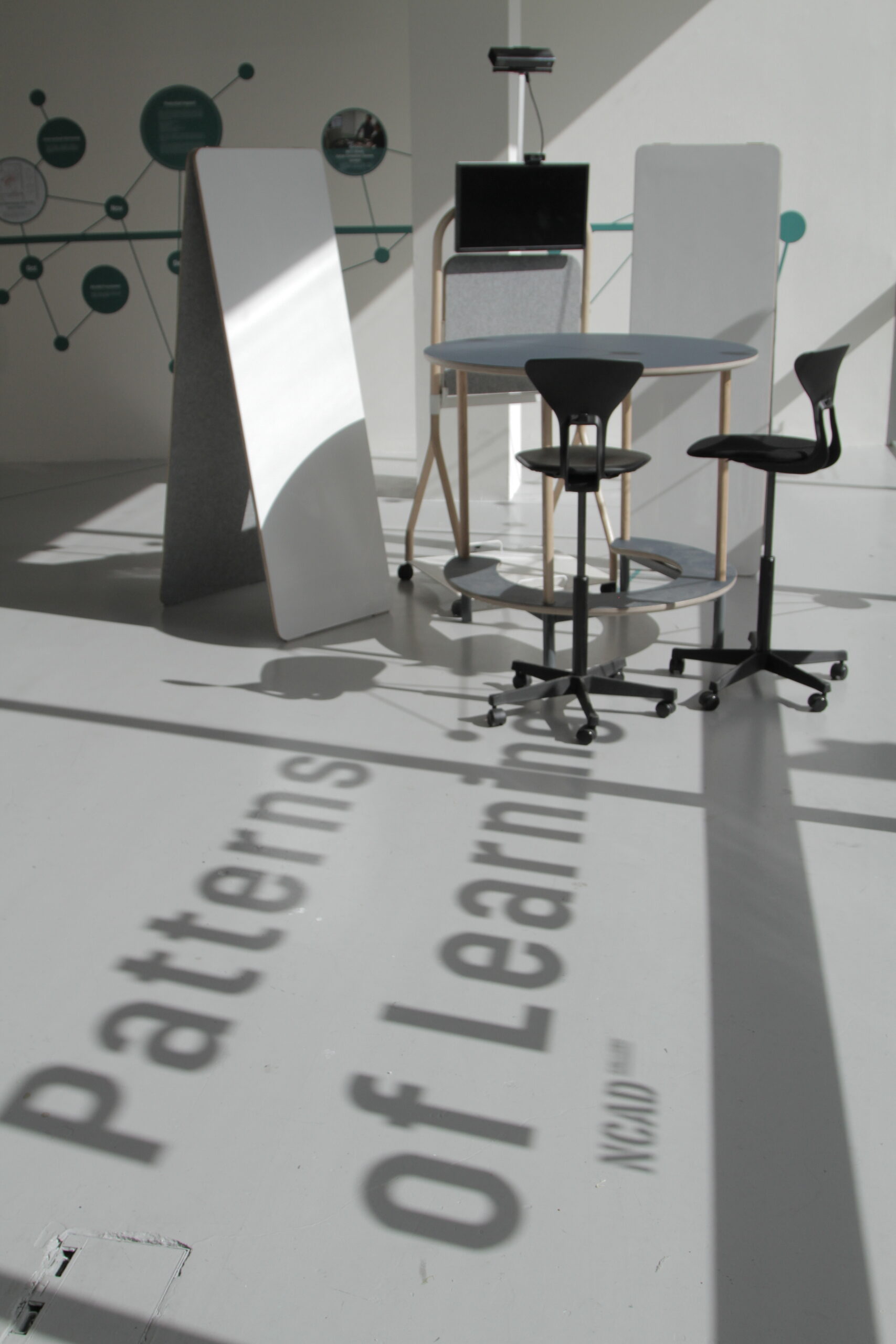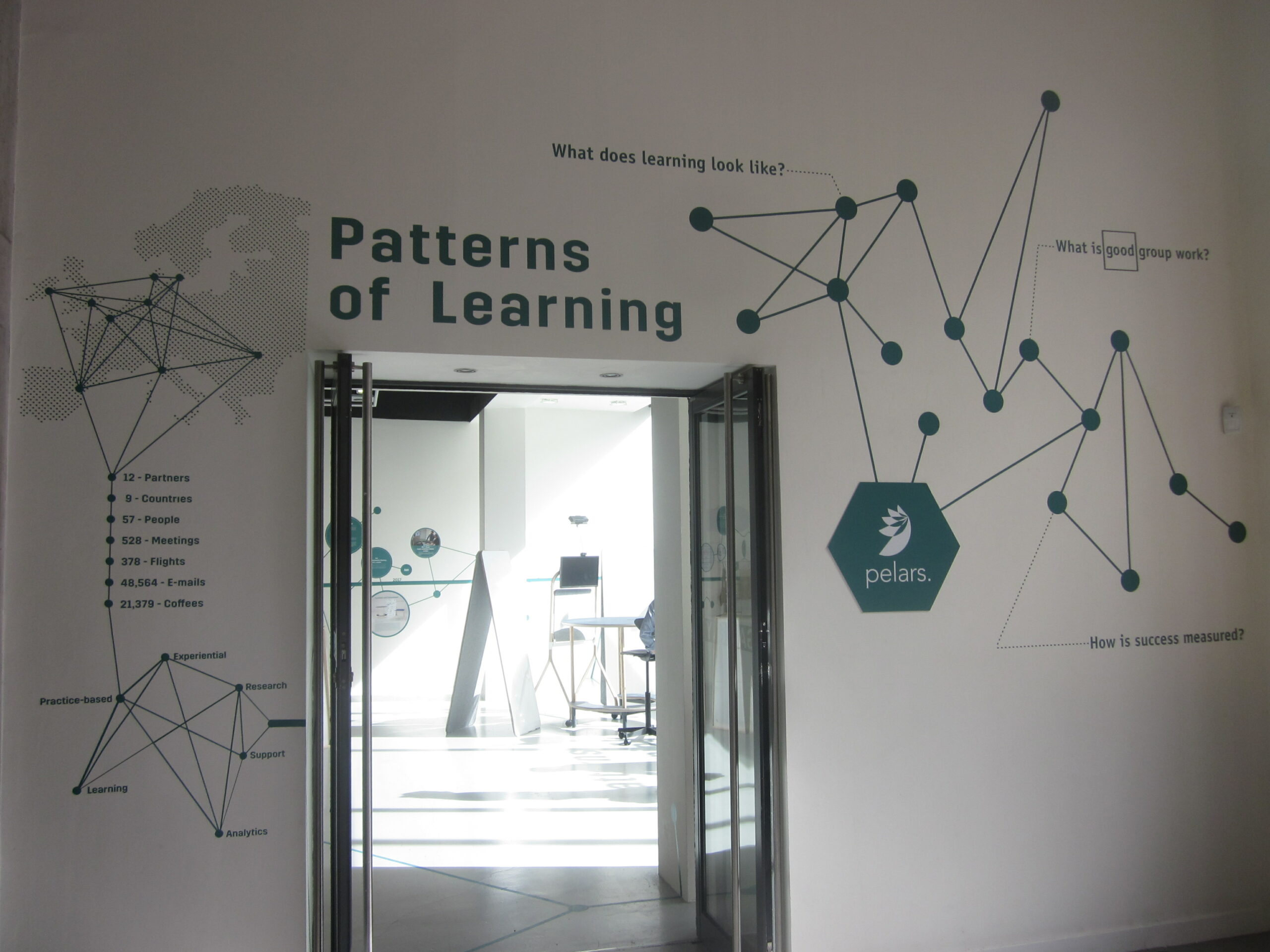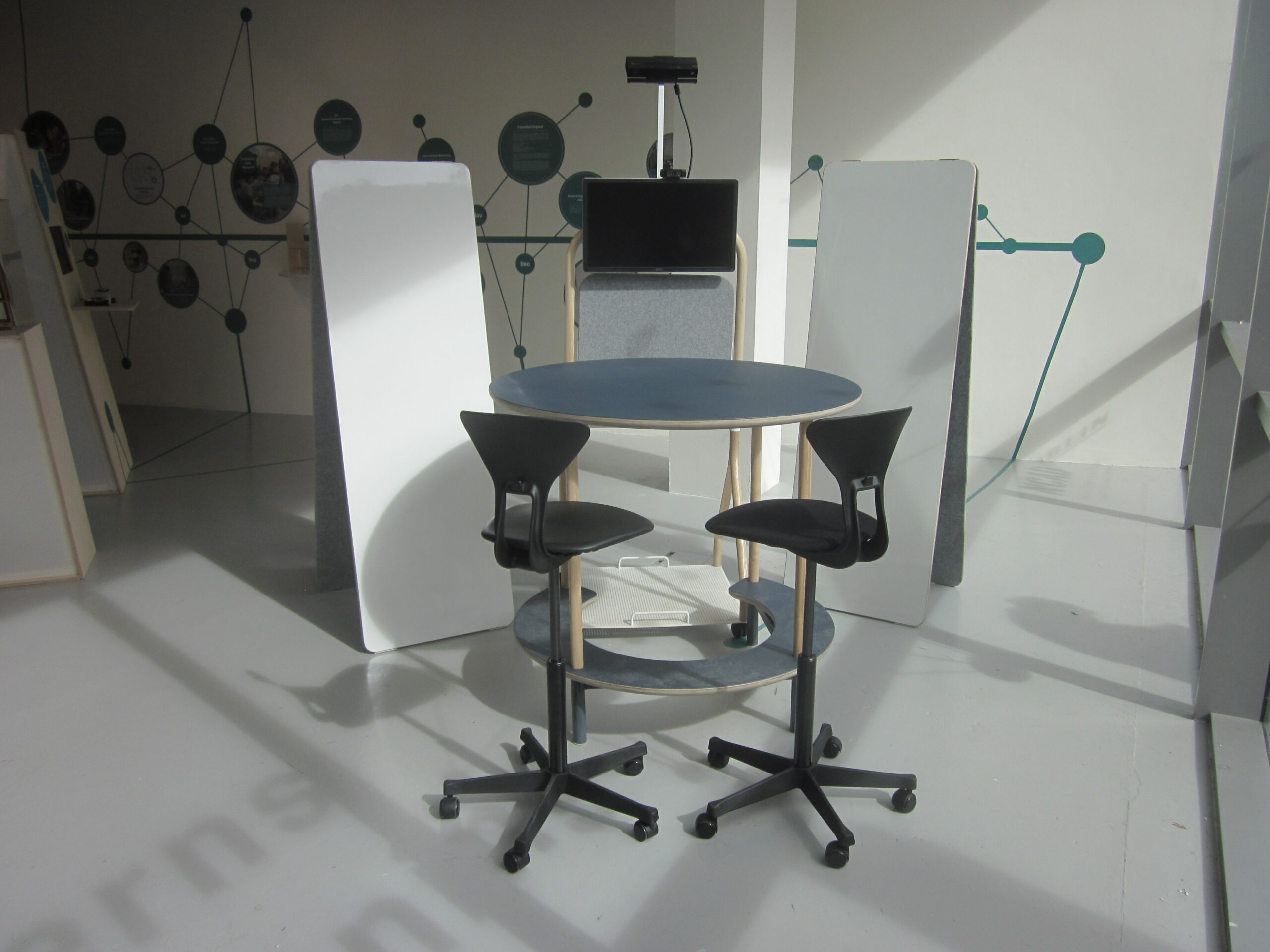Practice-based Experiential Learning Analytics Research And Support (PELARS)
Creation of a multi-modal learning analytics system for use in practice-based learning of STEM subjects
Overview
Project duration: 3 years
Project partners: Copenhagen Institute of Interaction Design (CIID), University College London (UCL), Arduino Ltd., European Network of Living Labs (ENOLL), Malmo University, Scuola Superiore di Studi Santa Anna (SSSA Pisa), University of Craiova, Danish Technical University (DTU), University of Bremen, Citilab Barcelona, Perch Ltd., NCAD
Impact
The outcomes and outputs of the PELARS project have had wide ranging impacts across academic, educational policy and commercial sectors. As well as furthering the fields of multimodal learning analytics research and the analysis of learning processes during collaborative practice-based learning by the academic partners leading to several published academic papers, the project has had tangible commercial impact in the development of programmable learning kits and a range of educational / commercial furniture by the industry partners that have been launched to market as a result of the project.
Challenge
The Practice-based Experiential Learning Analytics Research and Support (PELARS) project was a three year, EU funded FP7 research and design project that sought to create a Learning Analytics System (LAS) suitable for implementation in the teaching of Practice-based Learning (PBL) activities in second and third level Science, Technology, Engineering and Mathematics (STEM) subjects. The project sought to understand how students learn while engaged in open-ended Collaborative Problem Solving during PBL activities in these scenarios. The LAS was designed to assist this understanding through the aggregation and analysis of various multimodal data streams generated by sensing technologies embedded in the learning environment and user generated data.
Process
The NCAD team’s input into the project centred on the research, development and evaluation of the physical learning environment in collaboration with project partners. The starting point was the generation of a set of user requirements established through human-centred design research methodologies. These requirements suggested the creation of a learning environment which provided a collaborative working area suitable for use by up to six people that supported greater mobility and social interaction than is currently afforded by existing educational furniture.
From these research-led underpinnings, a concept and mock-up phase led to a design based on an adjustable height circular table, preferably set to standing height. A separate adjoining unit containing the LAS technology, a computer screen and a vertical display surface was also provided. These elements formed the basis of the design, which was developed and refined through an iterative and agile series of prototyping, user trials and evaluation cycles. There were five iterations of working prototypes produced at approximately six month intervals during the project and tested in trials in the proposed learning contexts and at exhibitions with members of the public. This development process culminated in the final prototype design which was exhibited at BETT, ExCel, London in January 2017.
Output
The outputs of the PELARS project ranged from advancing research frameworks for the analysis of collaborative practice-based learning, developments in multi-modal learning analytics systems, and the creation of programmable learning kits for physical computing activities, to mobile documentation and visualisation tools to support planning and reflection on learning activities.
NCAD’s contribution led to the development of an educational furniture and environment solution that successfully integrated the technological components of the PELARS LAS and provided affordances to allow these components to function optimally. This outcome contributed to the overall project goal of providing an environment that supports and provides information about practice-based collaborative learning activities.

